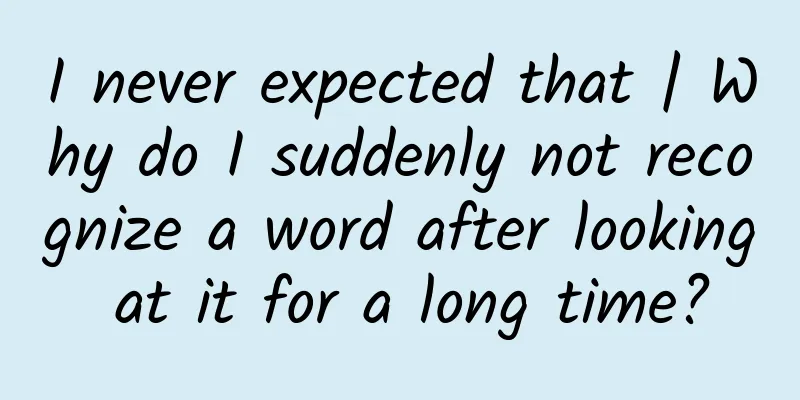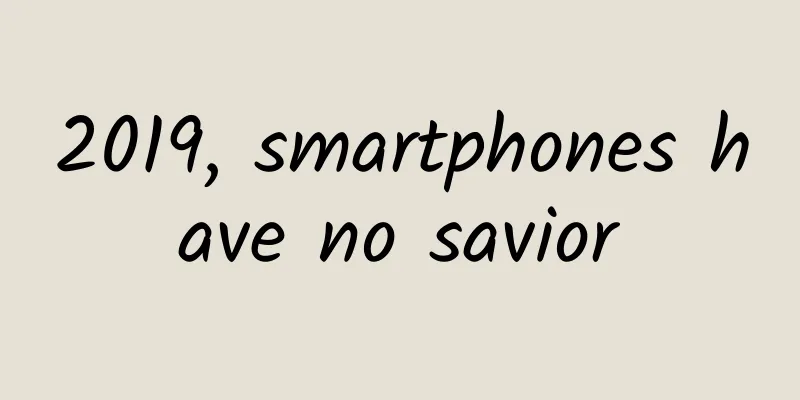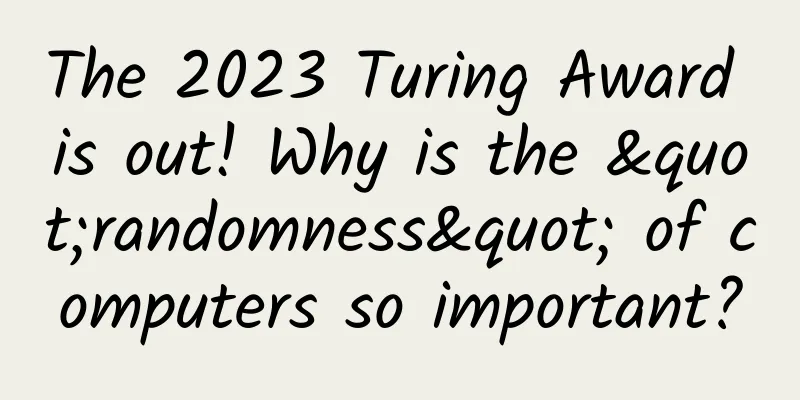I never expected that | Why do I suddenly not recognize a word after looking at it for a long time?

|
Review expert: Chen Mingxin, national second-level psychological counselor, senior human resources manager I believe many people have had this experience: staring at a word for a long time or writing a word repeatedly, you will feel that the word is getting more and more wrong. "How do you pronounce this word?" "Why don't I know it!!!" Image source: Baidu Images The phenomenon of "semantic saturation" Why does a certain word or phrase appear so frequently that after staring at it for a long time, it suddenly feels strange to me? What is going on? Image source: Science Popularization China In fact, this is a psychological phenomenon called "semantic saturation". When you keep looking at a word or read and write it repeatedly, your brain will begin to "fatigue" due to overstimulation. This phenomenon is not limited to Chinese characters, it exists in various languages, but it is particularly obvious in pictographic characters such as Chinese characters, and is sometimes called "grapheme disintegration" . Image source: Science Popularization China When you look closely at a word, your visual system transmits the image information of the word to your brain. The brain then interprets the image and matches it with the stored information to identify the specific meaning of the word. However, when you focus on the same word for a long time, the brain area that processes the word becomes fatigued due to overactivation, which causes the inhibition of neural activity, commonly known as brain "downtime", resulting in the phenomenon of suddenly not recognizing commonly used words. However, the process of semantic saturation is only a temporary phenomenon. Which types of words are prone to semantic saturation? Studies have found that words with neutral emotions are most likely to experience semantic saturation , while words with negative emotions are least likely to experience semantic saturation. This may be because words with different emotions have different meanings to different people. Neutral words do not have a deep meaning to people, while negative words may serve as a warning. In order to protect ourselves, the brain will try to avoid semantic saturation. AI generated images In fact, in addition to not being able to recognize words, sometimes when we look in the mirror for a long time, we will suddenly feel that our face is very unfamiliar , which is also due to semantic saturation. The Misunderstanding and Wonderful Use of Semantic Saturation The peculiar psychological phenomenon of "semantic saturation" actually reveals a common misunderstanding in the learning process. Many people mistakenly believe that knowledge can be more firmly remembered through constant repetition and copying, but this is not the case. Long-term mechanical repetition not only fails to effectively improve learning results, but may cause the brain to fall into a state of fatigue , which in turn affects learning efficiency and memory. Image source: Baidu Images So, how can we deal with this fatigue? In fact, the solution lies in proper rest and relaxation. When we find that a certain word or concept begins to feel vague, this is the brain's signal to rest. At this time, if we can put down the learning tools in our hands and give the brain a short rest, it can help it recover its vitality and thus improve the subsequent learning efficiency. However, the phenomenon of "semantic saturation" is not completely useless. Interestingly, it can be used to relieve speech anxiety. For example, when someone encounters a certain word that easily causes stuttering and other language barriers when speaking, by reciting the word repeatedly and quickly, the brain enters a "paralyzed" state, which can reduce anxiety and make the speech more fluent. In summary, the phenomenon of "semantic saturation" is both a trap in learning, reminding us to avoid excessive repetition and fatigue; at the same time, it is also an unexpected booster, helping us overcome psychological barriers in certain specific situations. Therefore, we should understand this phenomenon more comprehensively and make reasonable use of its positive and negative sides to better serve our learning and life. |
<<: 2024 Disaster Prevention and Reduction Publicity Week is here! Emergency Science Class
>>: It’s not an illusion: It’s really easier to gain weight after this age
Recommend
A comprehensive summary of design anomalies and how to handle them
In design, some abnormal situations are often eas...
From 3GS to 6S, Apple has caused us 9 times more trouble
Apple lets you listen to music, Apple lets you pa...
Elements and channels of online product promotion plan!
Viewpoint 1 The general promotion process is as f...
Wonderful Quotes from Speakers at the World O2O Expo
On January 17, 2015, the first World O2O Expo, gu...
What is an effective traffic pool?
So far, we have given corresponding methods for e...
Will there ever be a day when all QR codes are used up?
Author: Wang Rifang Reviewer: Chen Xudong With th...
The "fluffiest planet ever" looks like cotton candy!
Marshmallow planet on a cat dwarf: a quirky and a...
Mid-Autumn Festival brand marketing promotion routine!
Mid-Autumn Festival, one of China's four majo...
Why iPhone can run smoothly with only 4GB RAM, but Android can't? Three reasons are key
The difference between iPhone and Android RAM Man...
30 high-quality cases in 18 industries, a must-read for information flow delivery!
This article shares with you 30 high-quality case...
How to use Traffic Treasure? Is Traffic Treasure useful for increasing traffic on the website?
For online marketers, consultation and transactio...
How to expand the storage space of iPhone 6?
It has been more than half a year since the iPhon...
Should you keep your electric water heater on all the time? Or should you only turn it on when you need it? Read on to find out →
Note: The cover image is a copyrighted image. Rep...
Home micro projectors have shortcomings, screenless TVs may be just a concept hype
After more than a year of launching its "scr...









